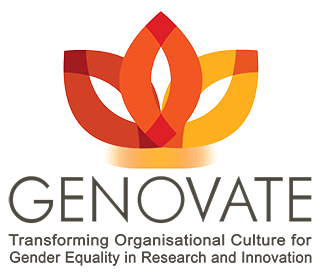 The GENOVATE Community is a platform which enables GENOVATE partners to share institutional information and case studies, and facilitates the coordination of a buddy system for bench learning.
The GENOVATE Community is a platform which enables GENOVATE partners to share institutional information and case studies, and facilitates the coordination of a buddy system for bench learning.
The GENOVATE Community consist of seven GENOVATE partner institutions; the GENOVATE International Advisory Board; key strategic collaborators and stakeholders and the general public. It is a mechanism designed to facilitate meaningful knowledge exchange across the community at local, national and international levels within each of the partner institutions’ countries, across Europe and globally.

LTU’s Sense Smart Region (2015-2017) project http://en.sensesmartregion.se combines data from sensors and open data into useful information, and provides tools to present the information using augmented reality. The first two years the project will focus on building a platform, and the last year, companies and organisations will build services and products based on the platform. The collaboration with GENOVATE aims to promote e.g. more gender-aware management of the SSR project.

Achievements of the GENOVATE FP7 project are discussed at the EARMA Annual Conference June 20-22, 2016 in Luleå. Carina Mattsson and Maria Hjelte present how the Human Resource department is implementing a gender-aware and sustainable recruitment process at Luleå University of Technology (chair: Paula Wennberg). In an other session the GENOVATE Toolkit is launched and demonstrated by Paula Wennberg and Arne Gylling presents how gender dimension is being integrated in the OPTi H2020 project (chair: Ylva Fältholm).
The aim of the OPTi H2020 project is to create a long-lasting impact by rethinking the way district heating and cooling systems are architected, controlled and operated.EARMA, European Association of Research Managers and Administrators is active in the GENOVATE project as a stakeholder. This year’s EARMA conference takes place in Luleå with nearly 600 participants http://www.earmaconference.com/
Read more about this GENOVATE Learning Circle on CDT's website. The learning circle is organised in collaboration with EARMA AC 2016. http://www.ltu.se/centres/cdt/Om-oss/Genus-och-mangfald/Genovate-Learning-Circle-2?l=en
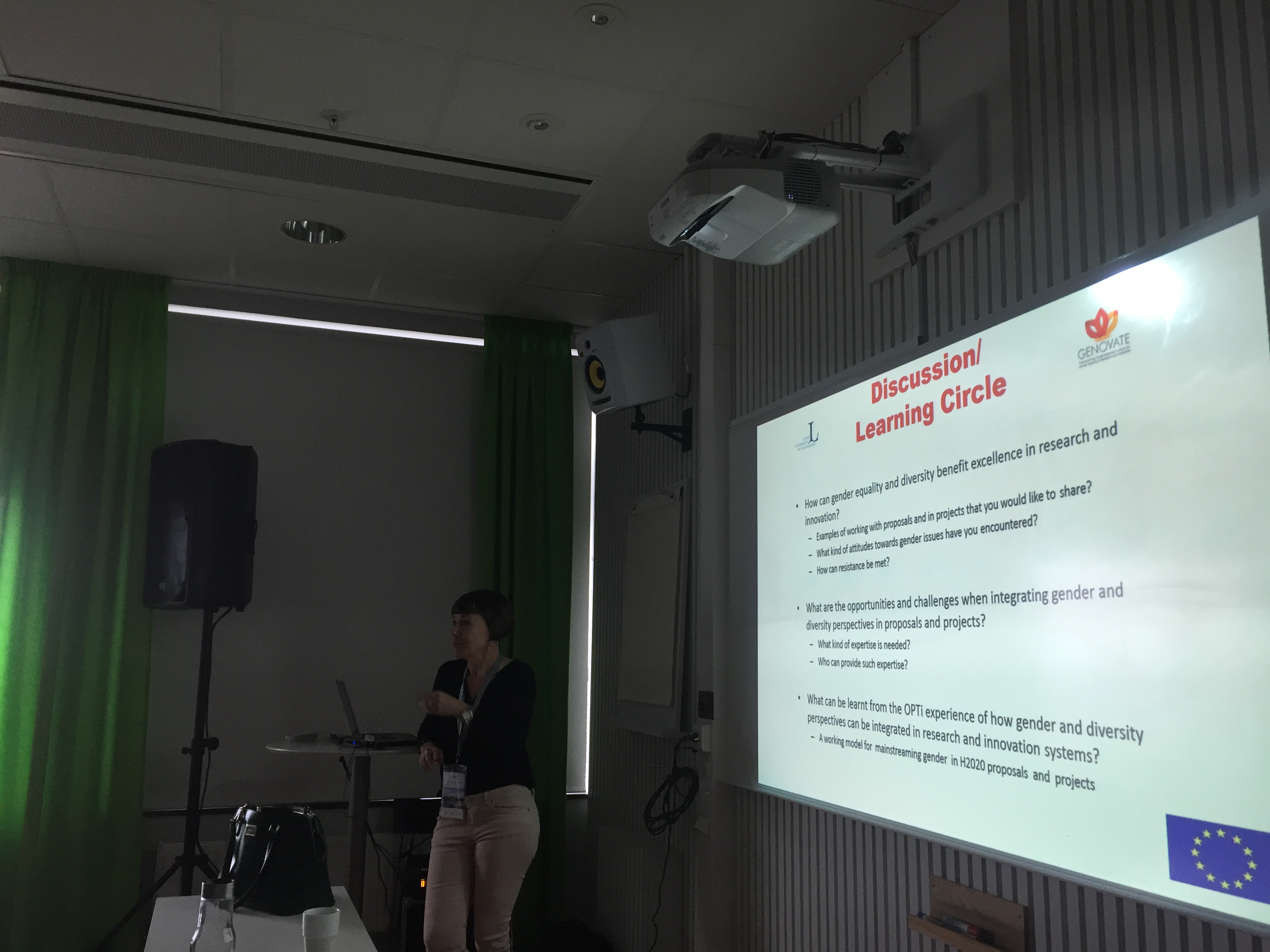
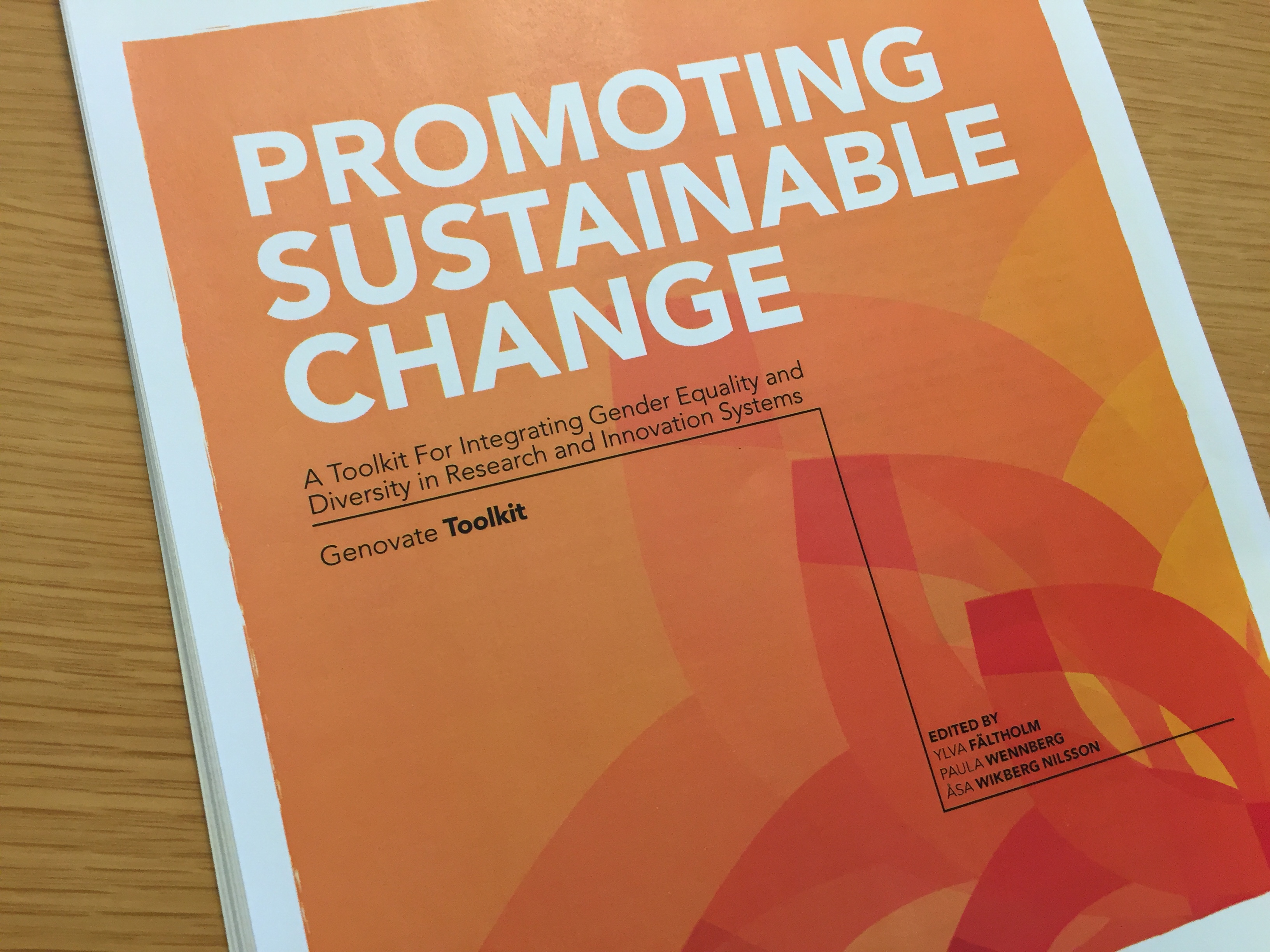

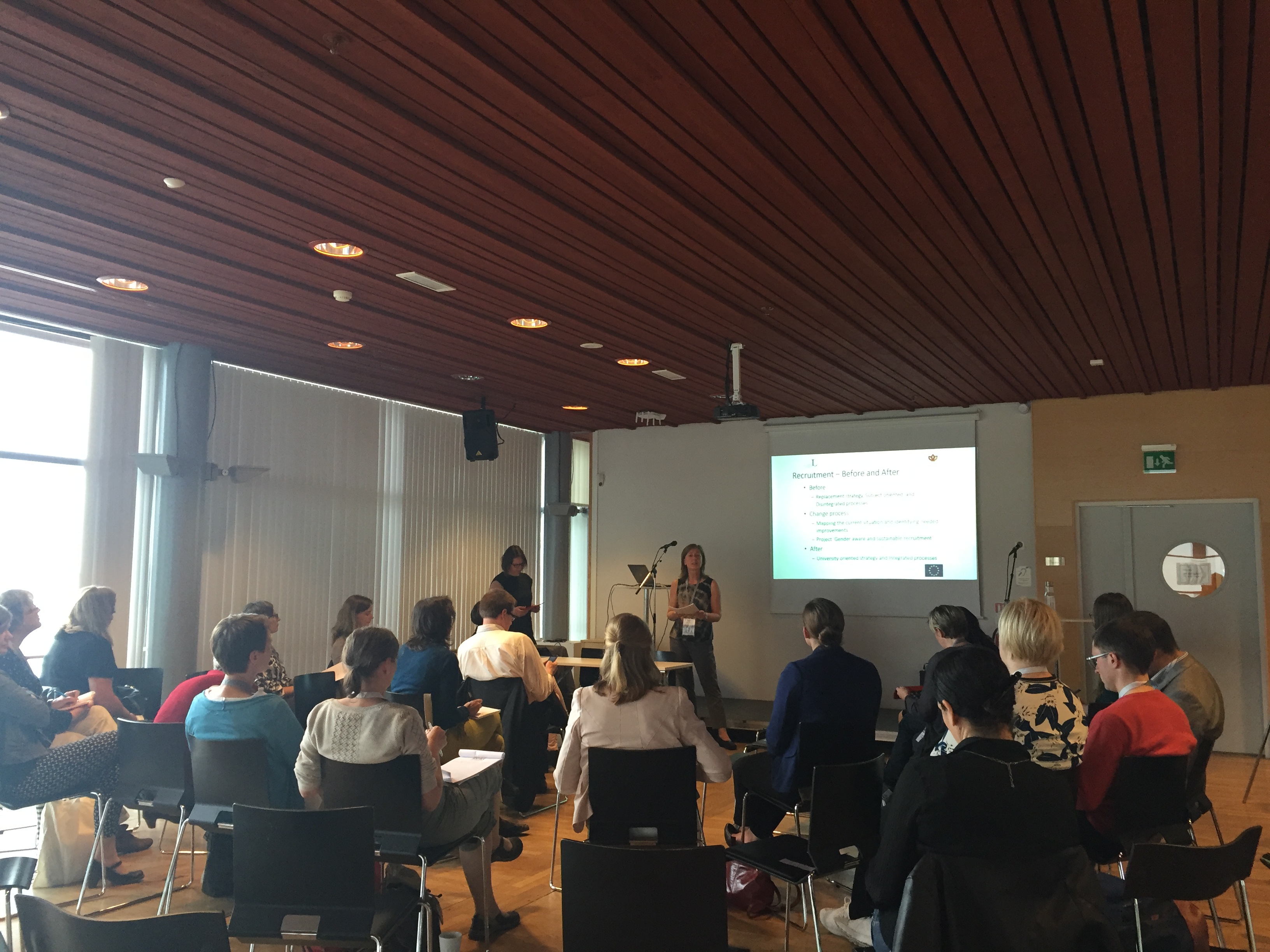

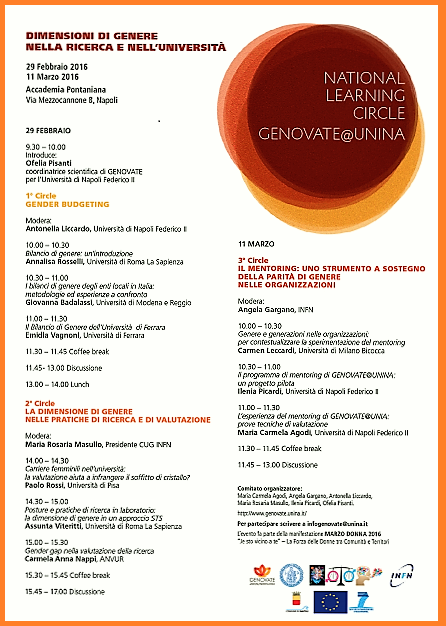

CDT's Annual Report 2015 is now available on our website https://issuu.com/meland6/docs/cdt_2015_b
Explore our activities, results and be inspired! Innovation and gender related initiatives including GENOVATE are highlighted on several pages (see page 12, 18-19, 33).
Centre for Distance-spanning Technology (CDT) at Luleå University of Technology (LTU) is a research, design and innovation joint venture between the core partners, Luleå University of Technology and the IT industry. CDT has an extensive network covering private and public sectors, multinational enterprises and SMEs as well as academia and non-profit organisations. Gender mainstreaming at CDT started in 2008 to enhance innovation. CDT's innovation and gender platform supports staff and CDT partners with gender expertise, tailored tools, methods, best practices and consultation. CDT collaborate with 150 national and international partners meaning that CDT can make difference not only in our institution but in a wider context.
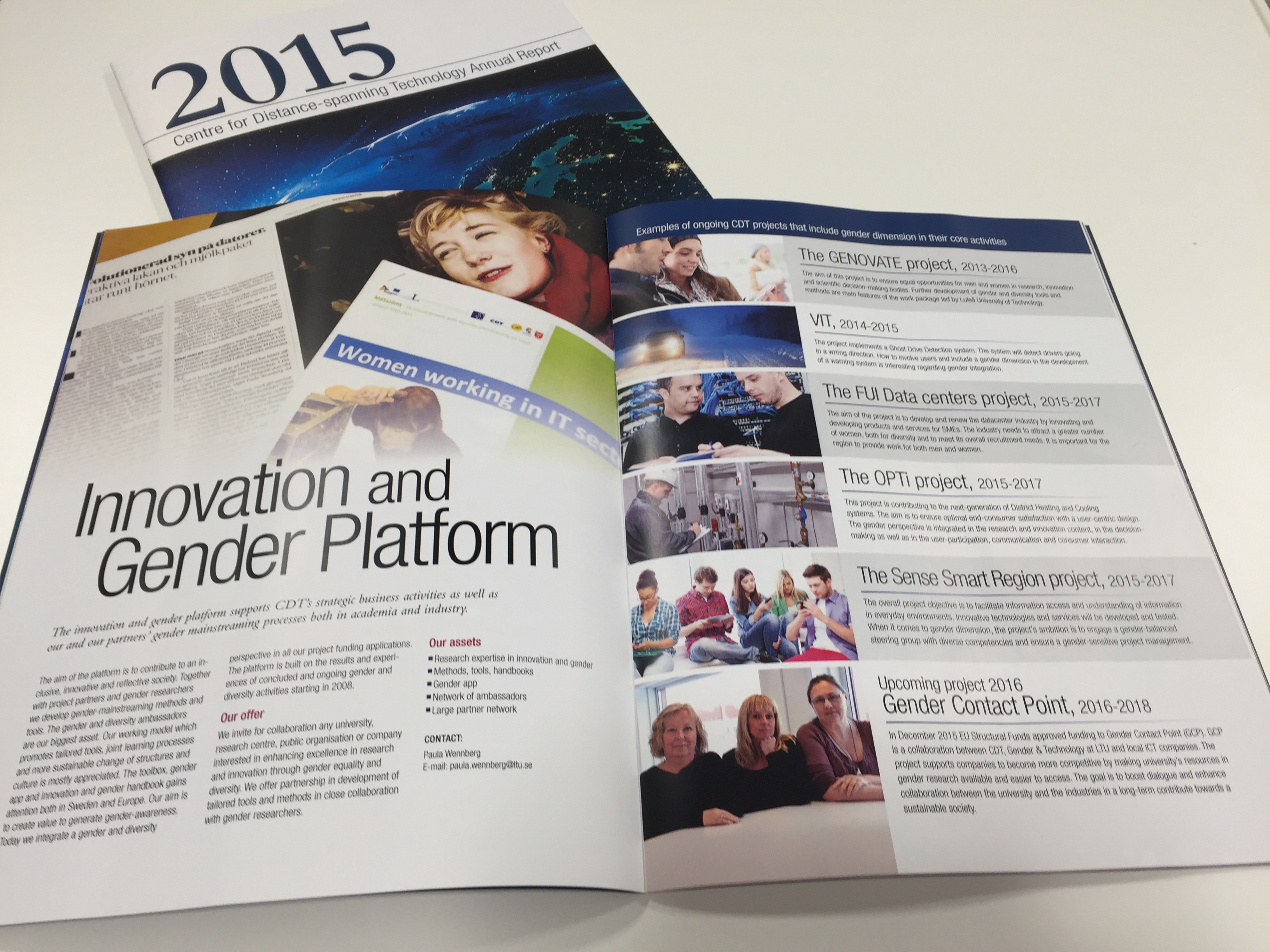

The FUI - datacenters project at Luleå University of Technology, Sweden aims to create a world leading region for datacenter establishments. This project has focus on development of the datacenter industry, based on the regional datacenter strategy that has been developed for the Northern Sweden. As women are still not choosing tech careers it limits the pool of qualified people available and this is one of the drivers of the project to strive for a more inclusive working environment in the datacenter industry.
The first action to integrate gender dimension in the project's core activities is the establishment of a gender-balanced management team with diverse competencies. The project has virtual bi-weekly management team meetings and once a month the management team meets face-to-face. Gender dimension is an agenda item at all meetings. Among other things the project focus on inclusive communication and the gender and diversity are addressed when carrying out interviews with companies. FUI is one of several ongoing initiatives at the university when trying to integrate gender dimension into the design, process, content and implementation of research and innovation.
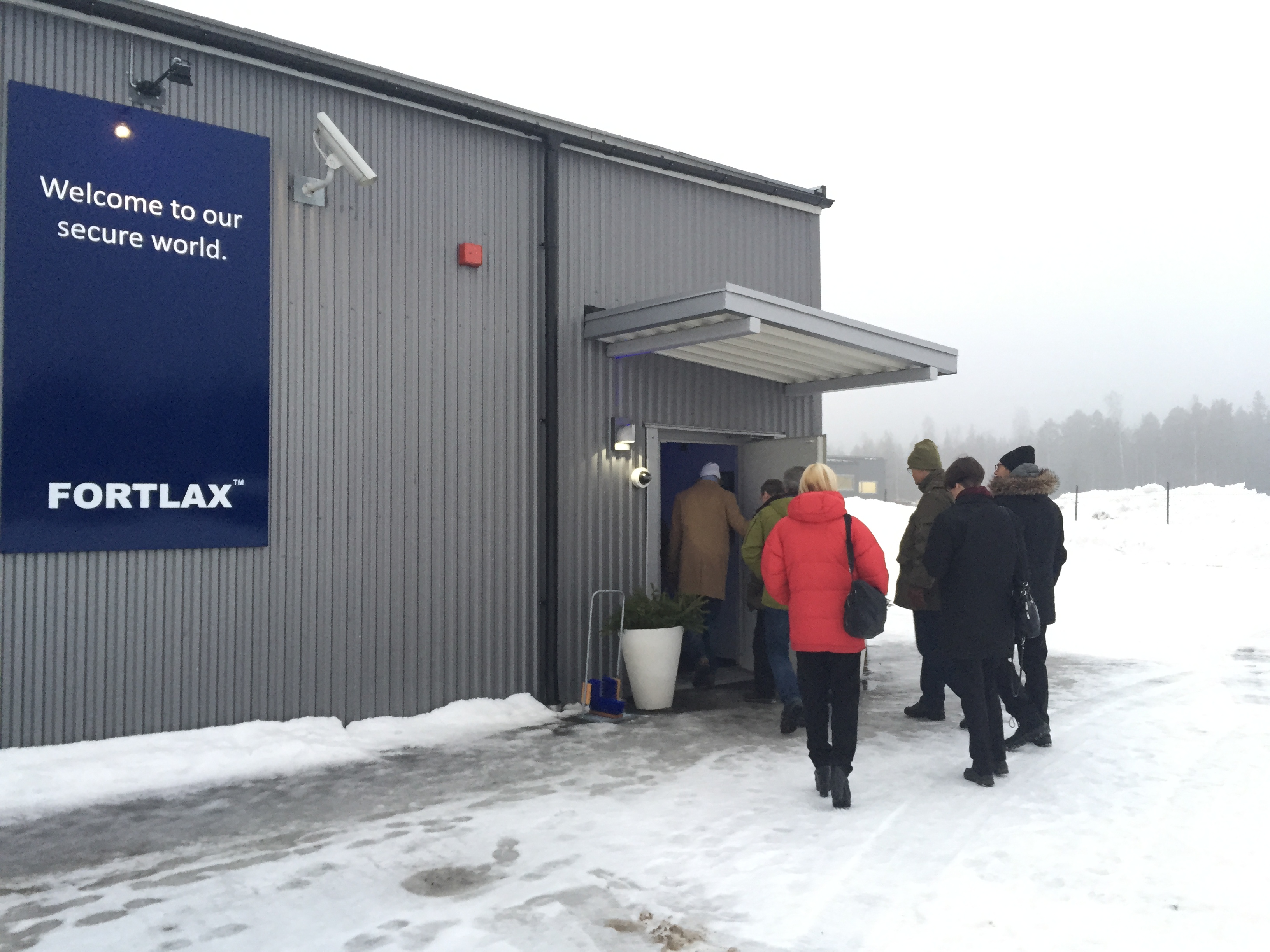
Powered by Multicategories for Joomla!2.5